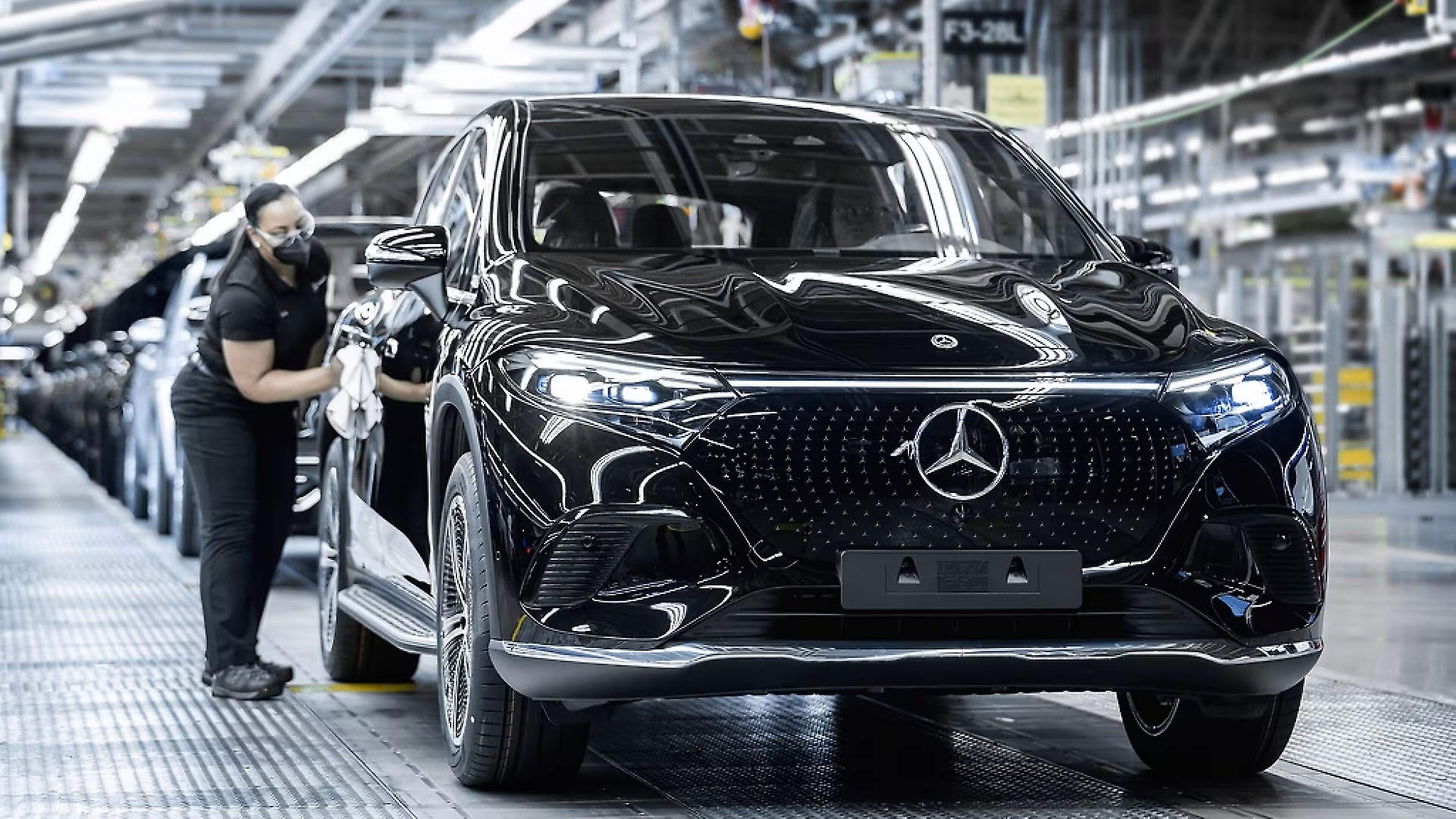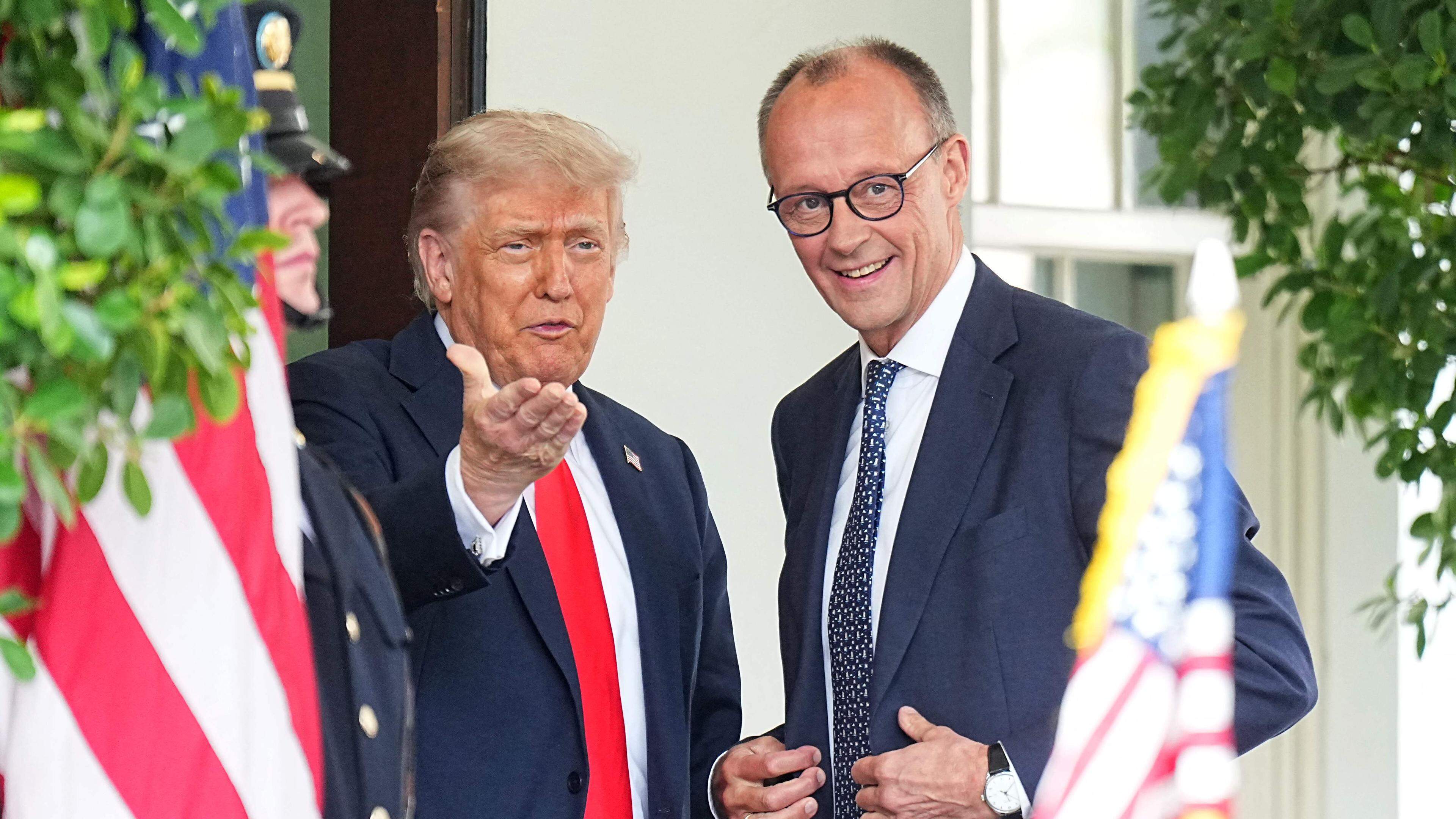Mercedes is considering US withdrawal cars for trump tariffs

The Swabian automobile manufacturer is considering reducing the sale of entry -level models such as the small GLA off -road vehicle as part of a more comprehensive emergency plan for the tariffs, the people who did not want to be mentioned by name said. Trump’s tariffs of 25 percent are to come into force this week. The tariffs would probably make the sale of these products economically unprofitable, insiders said.
Mercedes had not yet made a final decision and could change his course – depending on how the tariffs are implemented, the people said. The managers are frustrated and unsure how to react because there are no clear guidelines from Washington.
Mercedes wanted to maximize his sales in the USA, a company spokesman said, but rejected further comments.
Mercedes is one of the car manufacturers who are affected by a stricter trade war that impaired their sales and threatens to disturb their supply chains. Aston Martin Lagonda and Ferrari plan price increases for some of their vehicles in the USA, and Volkswagen is considering expanding local production.
The Supervisory Board of Stellantis, John Elkann, met on Monday with Trump, and the Chrysler parent company belonged to a group of car manufacturers who have a last attempt to influence the decision of the US government.
Mercedes would enable the reduction of the commitment to the introduction market for premium vehicles to bypass the tariffs to its least profitable vehicles. In models such as the GLA – the $ 43,000 in the USA begins (39,800 euros) – the tariffs could transform the already low profit panels into losses if they are not passed on to customers.
If the vehicles are removed from the market, this could cause drivers to choose higher -quality models. Due to the strong demand for the more profitable, larger SUVs, the United States remains an important market for Mercedes.
Trump’s trade policy measures that are supposed to enliven the American labor market have triggered chaos throughout the industry. Since important details are still missing-especially Appendix 1, the official list of parts and components that are subject to 25 percent customs-their ability to act is severely restricted, according to Andrew Bergbaum, Managing Director of Alixpartners, an advisory company that advises several global automobile manufacturers.
« It’s a big problem, » said Bergbaum. « Not to know what’s coming, it makes it extremely difficult to make strategic decisions. »








